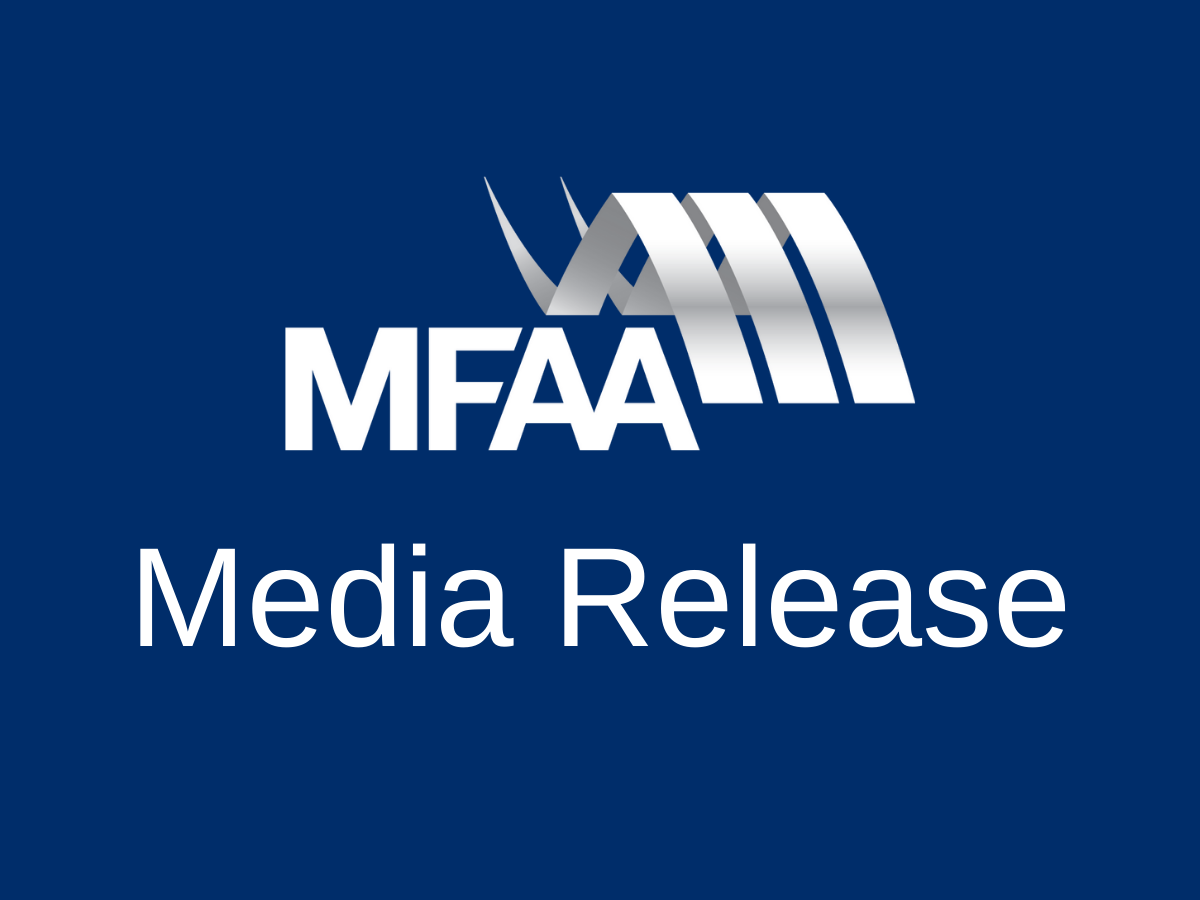The MFAA has called for a more measured and careful approach to implementing a key element of the Australian Banking Association’s (ABA) new Banking Code of Practice (the Code) to ensure vulnerable customers are protected, and good outcomes for all customers are preserved.
The ASIC-approved Code will be implemented from 1 July 2019, and mortgage brokers are being required by banks to assist in meeting their obligations under some elements of the Code, most notably with regard to vulnerable customers, co-borrowers and guarantors.
MFAA CEO Mike Felton said the Code’s requirements regarding vulnerable customers are now being interpreted and implemented in a piecemeal manner by different lenders, without broker consultation and with some lenders also requiring declarations or attestations to be signed by brokers.
“While we support the objectives of the Code, these new requirements come with significant unintended consequences that could create poor outcomes for customers, potential financial exclusion, risk for the broker and potentially far-reaching legal problems for all parties,” Mr Felton said.
“Under the new rules imposed by some lenders, brokers will be required to conduct an assessment of a customer’s potential vulnerability, and in some instances, sign a declaration on the broker disclosure that there are no signs of financial abuse. It is not clear what would happen in a case where a broker gets it wrong.”
The NCCP Act and the Banking Royal Commission have made it clear that the primary duty of brokers is to borrowers. According to interim legal advice taken by the MFAA, requiring brokers to report suspected financial abuse to lenders could be a breach of the broker/customer relationship, and may raise privacy issues. Given the standard imposed by the Code on lenders is that they may not know about financial vulnerability unless they are told by the customer themselves, it is inappropriate and impractical to impose a higher standard on brokers.
In addition, legal and other advice provided to the MFAA suggests that if a broker were to sign a declaration regarding whether there is abuse, it is likely that this activity would not fall within the occupation of a ‘mortgage broker’ and is therefore not covered under a broker’s Professional Indemnity (PI) policy.
Owing to the unclear requirements, the lack of training provided to brokers, and the fact that signing a declaration poses risks to the broker’s PI cover, the MFAA is advising its broker members (as an interim solution) that they should not complete this part of the application process unless they feel adequately equipped to make an assessment and determination in relation to these issues for that individual customer. If they cannot do this (which is likely to be the case), they need to understand that they are at risk if they are to proceed and make an error, and that it is unlikely that their PI will cover them.
“We are strongly aligned with the objective of the Code, which is to create better customer outcomes. Brokers have a relationship with, and are the primary contact point for, approximately 60 per cent of all new mortgage customers and accordingly have a significant role to play in protecting vulnerable customers. However, mental health and domestic violence are complex areas. Brokers are not trained counsellors and therefore cannot be expected to perform psychological assessments,” Mr Felton said.
“In addition, requiring untrained people to question and assess potential abuse may cause further damage and abuse to the victim. These situations of abuse need to be treated extremely delicately and brokers are not equipped with the necessary skills.”
Mr Felton said the MFAA was calling for a more careful approach to implementation of the Code in regard to vulnerable customers.
“We have been and will continue to work closely with the ABA on this issue. We are seeking for the implementation date on this element of the Code to be delayed, so that we have time to work through the legal issues and can help implement this in a sustainable, orderly manner,” Mr Felton said.
“There are several issues that need to be worked through. The requirements of brokers must be reasonable and standardised across the industry to the greatest extent possible so that brokers can ensure they are able to comply. We will need to work with the ABA and consult with industry to agree on a guidance document that details requirements, and how brokers can reasonably meet them.
“This implementation will also require an appropriate, industry-wide education program for brokers, ‘best endeavours’ language on broker disclosures rather than attestations or declarations, and a realistic timeline for a phased approach.
“Finally, this needs to be implemented without creating undue and additional legal risk for brokers.
“We will continue to work with the ABA and with industry on this issue and are confident of an appropriate outcome, but it is clear to the MFAA that it will take time to implement the Code in a sustainable and sensible manner, and there should be a realistic timeframe to produce a standardised industry guidance and education so brokers have the best possible chance of meeting these new requirements in a manner that enhances the customer outcome.
“The MFAA will update the industry, regulators and stakeholders on our progress on this issue,” Mr Felton said.



